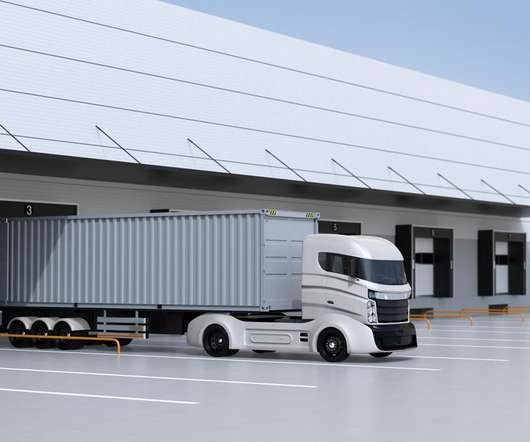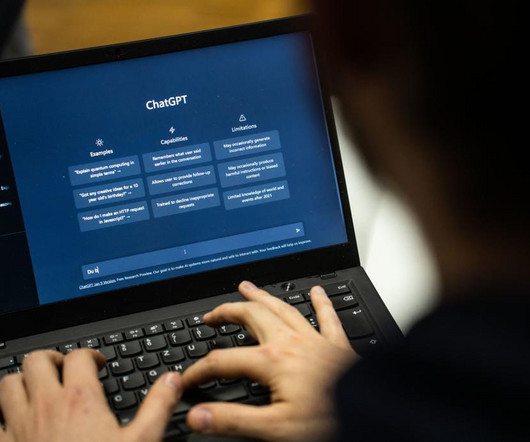How And When Automation May Affect Long-Haul Trucking
The Horizons Tracker
JUNE 26, 2022
In Oxford’s Michael Osborne and Carl Benedikt Frey’s hugely influential 2013 paper looking at the likelihood of automation for various professions, truck driving was one of the professions that were projected to be automated in double-quick time. At risk (kind of).












Let's personalize your content